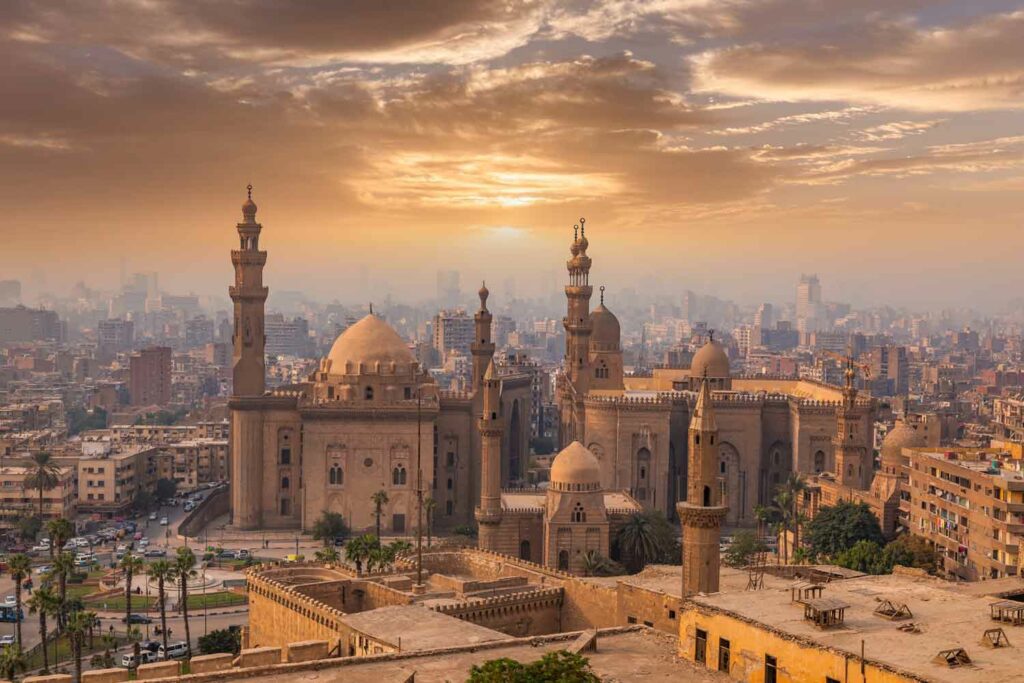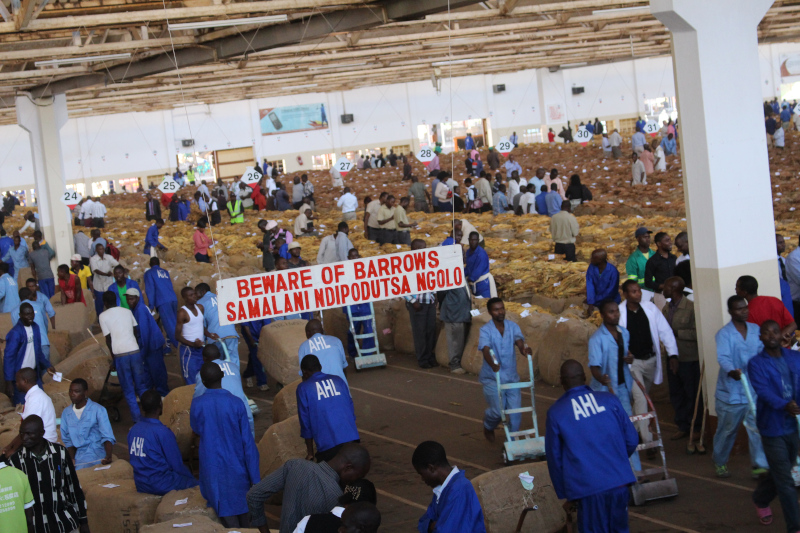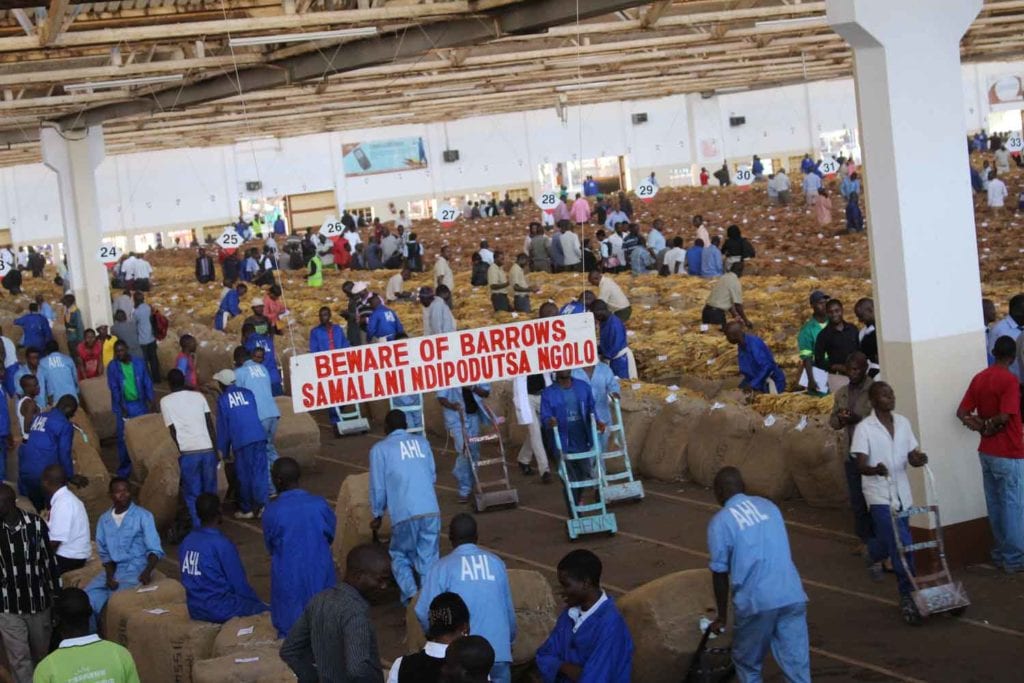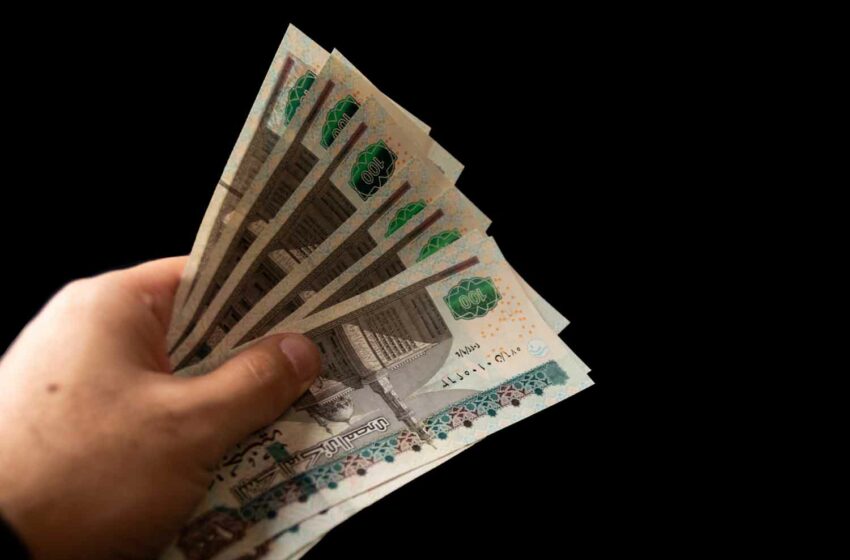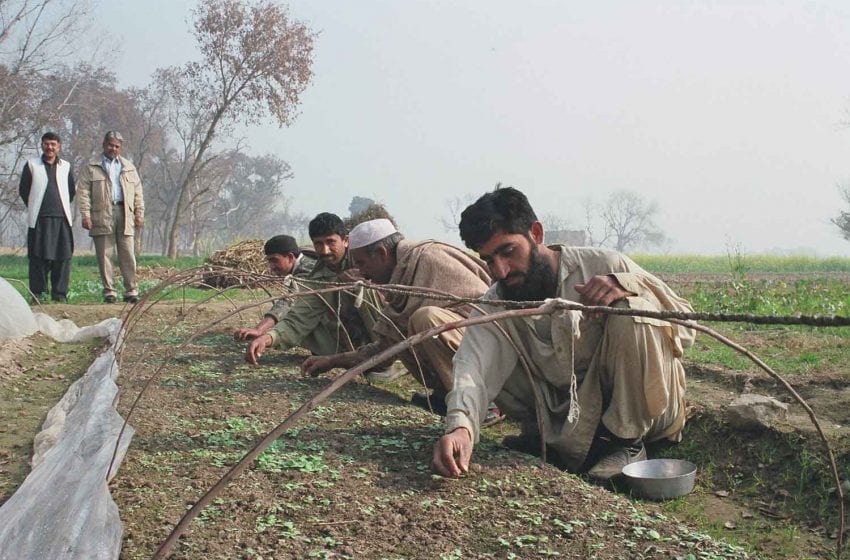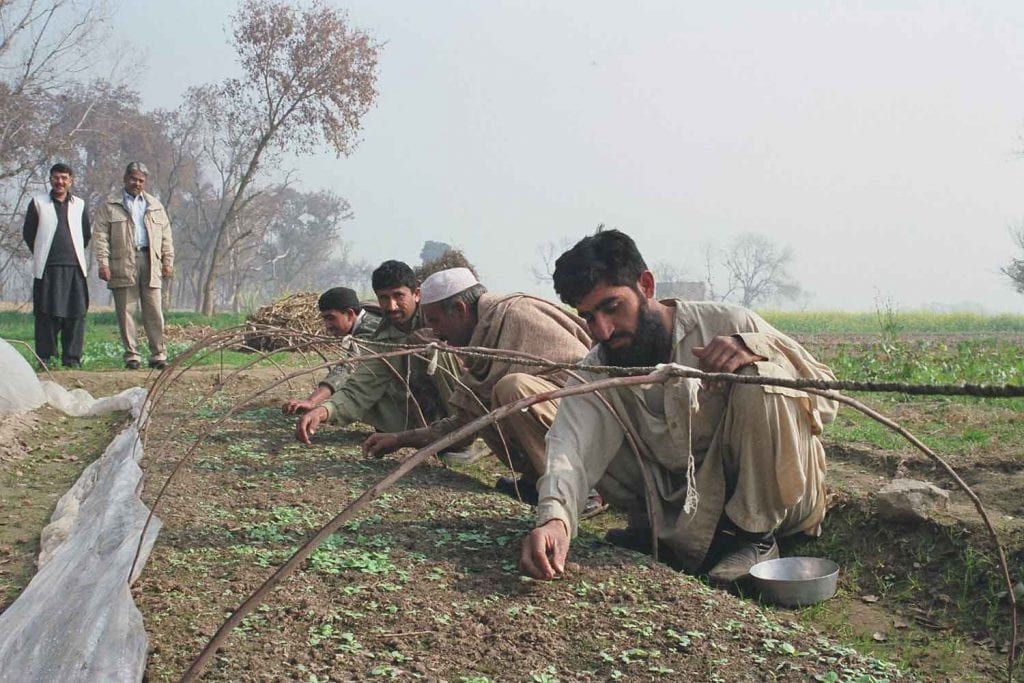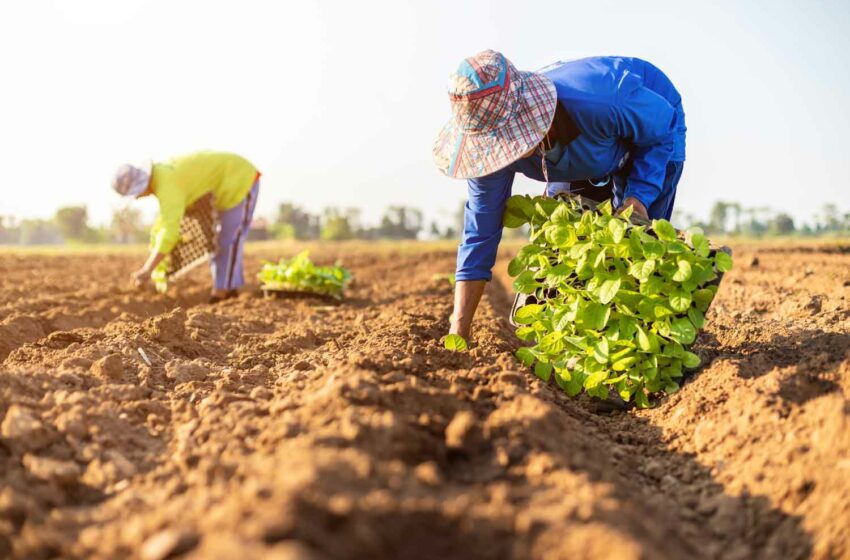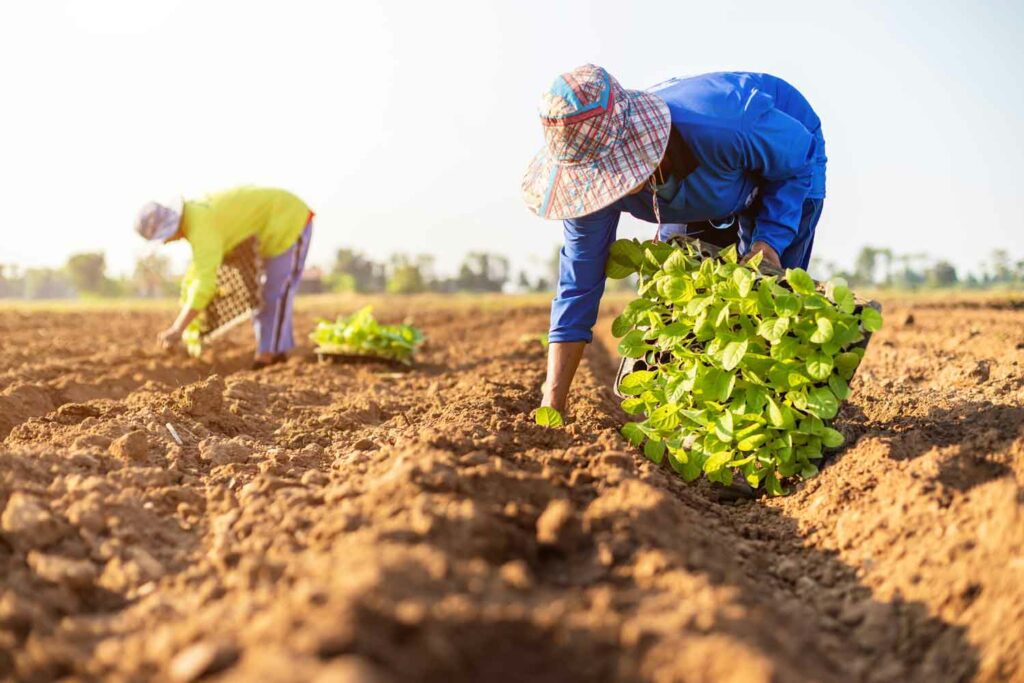Pakistan should replace tobacco with food crops, according to experts in nutrition, agriculture and the environment, reports UrduPoint.
Speaking with the Associated Press of Pakistan, the specialists said such a transformation is necessary not only to improve public health but also to overcome the food insecurity faced by more than one third of the population.
In 2018, 36.9 percent of Pakistanis struggled with food insecurity, data from the National Nutrition Survey reveals. Massive floods at home and war in Ukraine have plunged an additional 2.5 million people into hunger according to the Pakistan Fruits and Vegetable Importers and Exporters Association (PFVA).
The group says Pakistan now relies on imports for food items such as wheat, pulses, chickpeas, garlic and ginger. However, a prevailing shortage of hard currency makes it difficult for importers to obtain letters of credit.
PFVA Chief Waheed Ahmad urged policymakers to capitalize on this year’s World No Tobacco Day theme, “Grow Food, Not Tobacco.”
Tobacco is grown in all four provinces and is a significant part of Khyber Pakhtunkhwa’s economy, where farmers cultivate approximately 30,000 ha of the golden leaf.
Taimoor Khan, general secretary of the Khyber Pakhtunkhwa Association for Excellence in Agriculture, suggested that if half of this area were converted into growing a new variety of garlic, NARC G1, the farmers would make a remarkable profit.
Khan also called into question the economic contribution of tobacco farming, which is believed to generate revenues of PKR120 billion annually ($416.24 million). The cost of dealing with the health impact of tobacco consumption exceeds the tobacco tax take by a factor of three, he said.
“By transforming tobacco farming to food production, we can create ripple effects that promotes food security, improves public health, contributes to the overall well-being of our communities and benefit the environment,” said Aftab Alam Khan, CEO of Resilient Future International.
The speakers also cited research showing that tobacco cultivation requires heavy use of pesticides and fertilizers, which causes soil degradation, thus lowering the used land’s capacity to grow other crops.
According to the National Health Services in 2018, almost 23.9 million adults currently use tobacco in any form in Pakistan. Around 163,600 people die each year in the country due to tobacco and almost 31,000 of these deaths are due to exposure to second-hand smoke.
Critics of “Grow Food, not Tobacco” campaign have suggested that the theme creates a false dichotomy, as tobacco and food production are not mutually exclusive.



